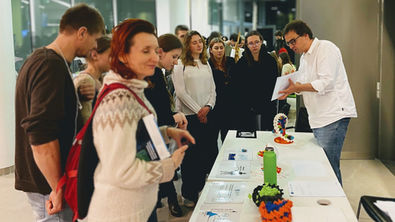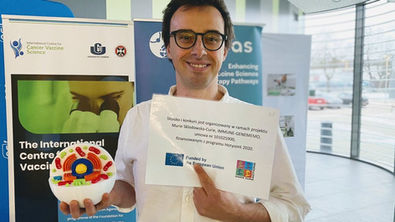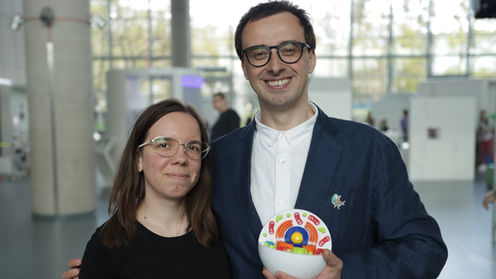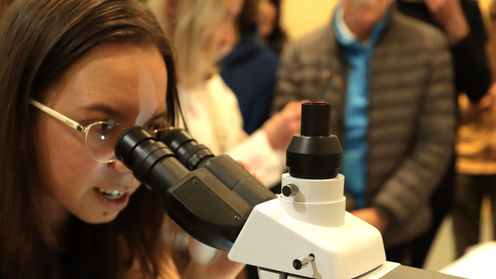
GENE CONTROL @ ICCVS,
UNIVERSITY OF GDAŃSK

WOJCIECH SIWEK, PhD
Hi, I am a group leader at the International Centre for Cancer Vaccine Science, University of Gdańsk (PL). I hold a master's degree in biotechnology from the University of Warsaw (PL) and a PhD in biochemistry from the International Institute of Molecular and Cell Biology in Warsaw (PL). After that, I trained at the Gulbenkian Institute (PT), University of Oxford (UK) and Harvard Medical School (USA). I specialize in biomedical research with a focus on gene regulation and epigenetics. I am fascinated by how cells remember previous environmental states. I am keen to translate this research into the clinic.
My professional core values are excellence and integrity with kindness, respect and an open mind.
get in touch!
email: wojciech.siwek@ug.edu.pl
LinkedIn: Wojciech Siwek
X: @gene_ctrl
RESEARCH
How cells remember?
Proper regulation of gene expression is fundamental for multicellular life. In my research, I am interested in how cells maintain gene expression states. I am exploring a phenomenon present in the innate immune system – transcriptional memory as a model system. Transcriptional memory is a process during which cells exposed to a certain cue (induction) will remember the experience and respond to the second stimulation with the same signal (reinduction) more strongly. I am studying how this process works in human cells.

OUTREACH
Epigenetic Puzzle @ the Biologist's Night, University of Gdansk
"Epigenetics, is our future determined by genes?" Science Cafe @ EXPERYMENT science museum
FUNDING
This project has received funding from the European Union’s Horizon 2020 research and innovation programme under the Marie Skłodowska-Curie grant agreement No 101025900

PUBLICATIONS
2023
STAT1 IS REQUIRED TO ESTABLISH BUT NOT MAINTAIN INTERFERON-Y-INDUCED TRANSCRIPTIONAL MEMORY
EMBO journal
2020
ACTIVATION OF CLUSTERED IFNY TARGET GENES DRIVES COHESIN-CONTROLLED TRANSCRIPTIONAL MEMORY
Molecular Cell
2019
CRYSTAL STRUCTURE AND DIRECTED EVOLUTION OF SPECIFICITY OF NLAIV RESTRICTION ENDONUCLEASE
Journal of Molecular Biology
2018
TIME-CHIP: A METHOD TO DETERMINE LONG-TERM LOCUS-SPECIFIC NUCLEOSOME INHERITANCE
Methods in Molecular Biology
2016
TYPE III CRISPR COMPLEXES FROM THERMUS THERMOPHILUS
Acta Biochimica Polonica
2014
STRUCTURAL BASIS OF THE METHYLATION SPECIFICITY OF R.DPNI
Nucleic Acids Research
2012
CRYSTAL STRUCTURE AND MECHANISM OF ACTION OF THE N6-METHYLADENINE-DEPENDENT TYPE IIM RESTRICTION ENDONUCLEASE R. DPNI
Nucleic Acids Research





